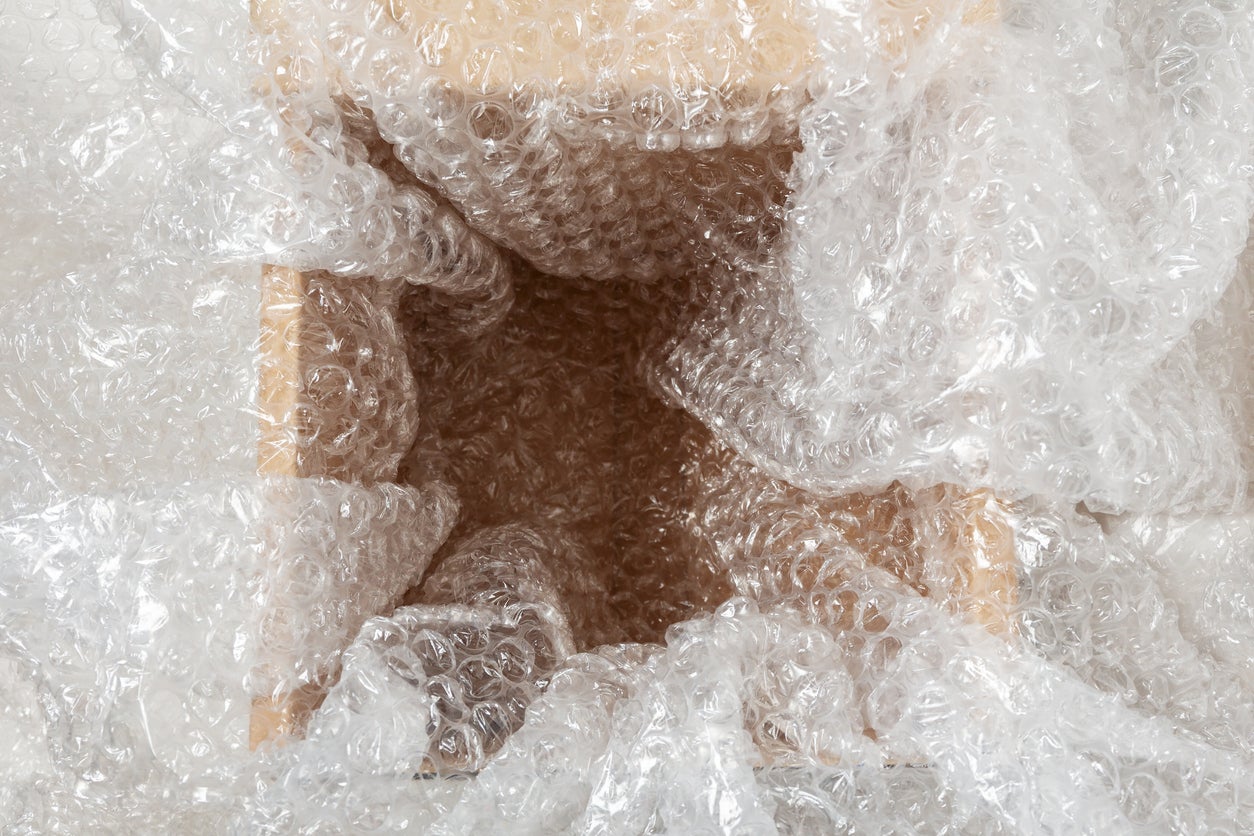Maine passes first law in US forcing large companies to pay to recycle their packaging
North-easternmost US state is shifting the cost burden of recycling away from the taxpayer and onto big businesses

Your support helps us to tell the story
From reproductive rights to climate change to Big Tech, The Independent is on the ground when the story is developing. Whether it's investigating the financials of Elon Musk's pro-Trump PAC or producing our latest documentary, 'The A Word', which shines a light on the American women fighting for reproductive rights, we know how important it is to parse out the facts from the messaging.
At such a critical moment in US history, we need reporters on the ground. Your donation allows us to keep sending journalists to speak to both sides of the story.
The Independent is trusted by Americans across the entire political spectrum. And unlike many other quality news outlets, we choose not to lock Americans out of our reporting and analysis with paywalls. We believe quality journalism should be available to everyone, paid for by those who can afford it.
Your support makes all the difference.Maine has become the first US state to charge companies to dispose of their non-recyclable packaging.
Rather than local communities footing the bill for recycling, the new legislation will provide millions of dollars to Maine towns and cities. The funding will be redirected to recycling operational costs and be used to fund education and infrastructure projects that reduce packaging waste.
The bill was signed on Tuesday by Democrat Rep. Nicole Grohoski. “I’m proud that, once again, Maine is a national leader when it comes to common-sense environmental protections,” she said in a statement.
“This new law assures every Maine community that help with recycling and lowering the property tax burden is on the way.”
The US used to ship lots of plastic waste across the ocean to China, but many of these imports were banned in 2018.
“We have to face this problem and use our own ingenuity to solve it,” Ms Grohoski said.
Small businesses earning less than $5 million (£3.67 million) in gross annual revenue, plus nonprofit organisations, will be exempt from the charges.
“Maybe companies won’t be inclined to ship you something tiny in a box wrapped in another box, all stuffed with plastic bags, because they’ll have to pay for that, not somebody else. It really puts the responsibility where it belongs,” said Sarah Nichols from the Natural Resources Council of Maine to Boston’s NPR News Station.
Environmentalists have celebrated the move, but business groups including Maine Grocers and Food Producers Association, noted that grocery costs could go up as a result of the new programme, reported The Washington Post.
Extended Producer Responsibility is a well-known concept throughout Europe, Canada, Japan, and South Korea, where similar programmes are already running.
California, Hawaii and New York are also looking to implement similar policies. Maine has led the way on environmental legislation since its bottle bill in the 1970s. Maine has also recently outlawed Polystyrene food containers, bowls, plates, cups, trays and cartons, which are notoriously difficult to recycle. These “are a significant contributor to environmental plastics pollution,” said Governor Janet Mills, who signed the foam food container bill.
Maine companies have time to get their packaging costs and procedures in order, the new recycling rules will not be implemented or enforced until 31 December 2023.
Join our commenting forum
Join thought-provoking conversations, follow other Independent readers and see their replies
Comments